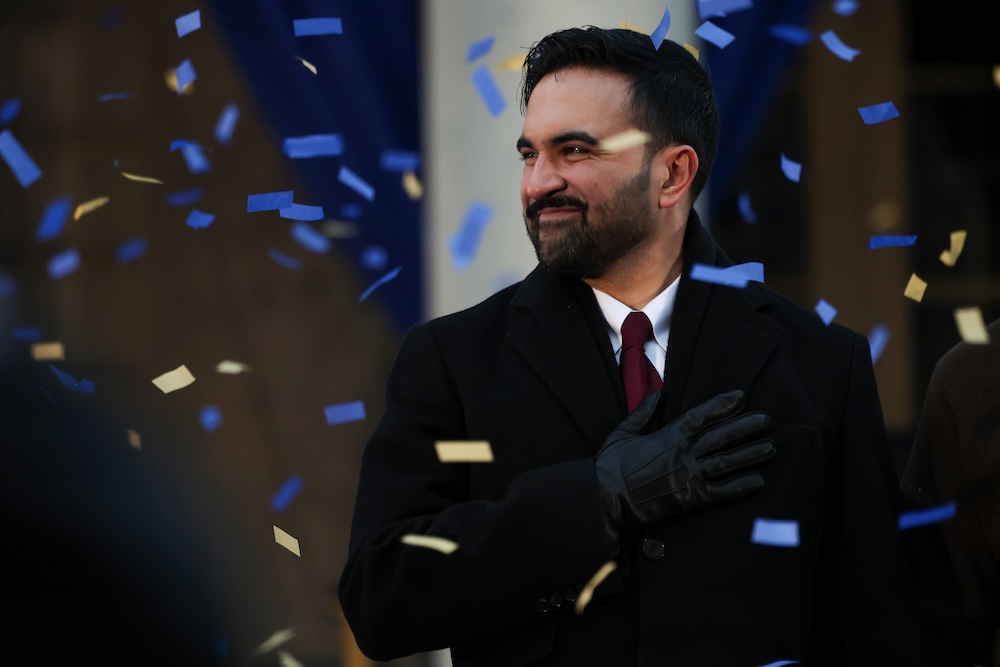Valerie Wirtschafter ’12 Speaks at Bowdoin on U.S.-Cuba Relations
By Talia Cowen '16
December 17, 2014, is a pivotal date for anyone who studies United States-Cuba relations. It was the day President Obama announced that the U.S. would change its “outdated” policy toward Cuba to normalize its relationship with the communist nation.
“It was the worst and best day of my life,” recalled Wirtschafter, who is a research associate at the Council on Foreign Relations and recently returned to Bowdoin to give a talk on “The Road Forward for Cuba after Normalization: Risks and Rewards.”
At Bowdoin, Wirtschafter majored in history and Latin American Studies and minored in Spanish. Her talk was sponsored by the Latin American Studies Program.
Wirtschafter began by reflecting on the causes behind the changes introduced on December 17. On the American side of the negotiating table, the demographic shifts in this country played a significant role. “This new generation of Cubans are open to engagement rather than isolation,” she said. This, plus the fact that the general U.S. population is in favor of normalization, meant Obama saw “an opportunity to make a policy change.” Pressure from Latin American countries was also a factor. “The Cuba question mark was throwing a wrench in everything we wanted to do in Latin America,” Wirtschafter added.
From Cuba’s perspective, normalizing relations with the U.S. was seen as a way to lift the country from economic decline. Cuba President Raul Castro has been trying to shrink state enterprises and open Cuba up for foreign investment. However, even with these changes, “at the moment the Cuban economy is not sustainable,” Wirtschafter said, and Castro is aware that he must improve the economy to leave a legacy.
In addition, the Cuban ‘brain drain’ played a part in the policy shift. Although the country has the most literate population in the Western hemisphere, the highly educated population is underemployed. “When I was in Cuba, my cab driver had a doctoral degree,” Wirtschafter said. The public sector does not pay its employees enough to secure their services, leading to them entering the Cuban private sector or leaving the country entirely.
Wirtschafter said that normalization will likely bring many rewards for Cuba, including opportunities for economic investment, tourism, modernization and a greater “diversity of ideas” and more “room for open dialogue and healthy debate.”
On the other hand, the risks for Cuba could be considerable. “There’s already a big socioeconomic divide [in Cuba], and that’s going to get bigger,” Wirtschafter said. It’s expected that many Cubans living abroad will return to their home country, buying up properties, and “replicat[ing] the class system from before the revolution.” The goals of the Cuban revolution could become irrelevant.
Another worry for Cubans is that the opening of relations between the two countries could be reversed. The normalization has a “shaky foundation,” Wirtschafter said, and “can be easily rolled back with a new [U.S.] president.” During her recent trip to Cuba, Wirtschafter said the average Cuban was well versed in American politics and is closely following the upcoming presidential election, given its importance to Cuban-American relations and Cuba’s future.
Although the shift in diplomatic relations has been important, the White House has claimed that ultimately, it will be the Cuban people who drive economic and political change in Cuba. “It’s the right approach,” said Wirtschafter, “but it’s also very new, especially in Latin America….I think this is a very significant new course.”



